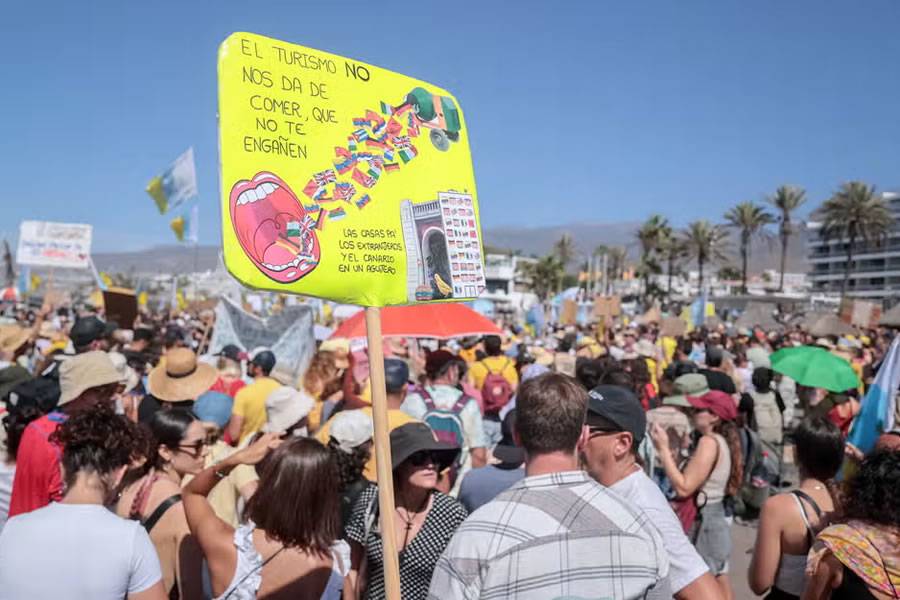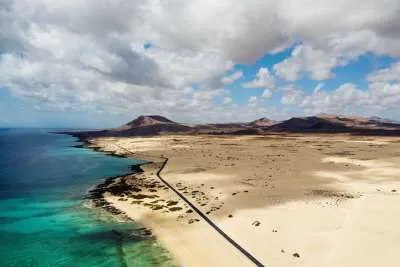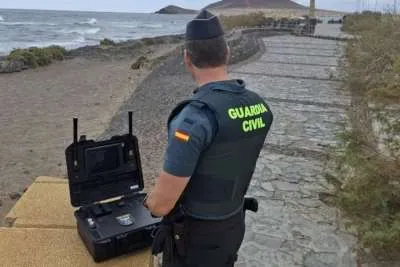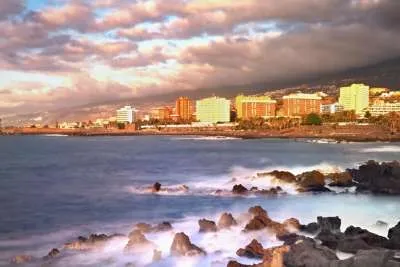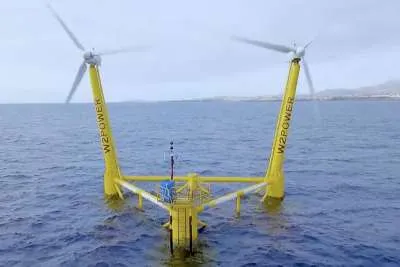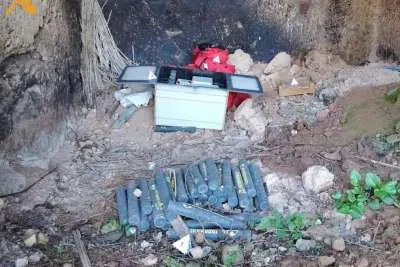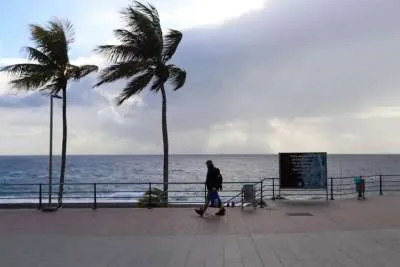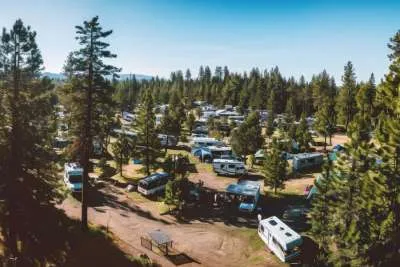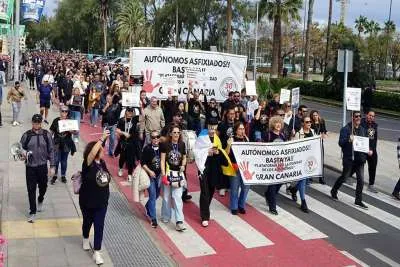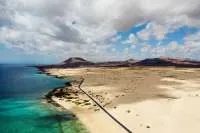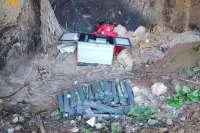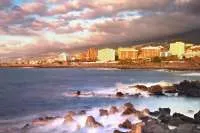Southern municipalities call for constructive debate on tourism model in Tenerife
- 24-10-2024
- Tenerife
- Canarian Weekly
- Photo Credit: Stock Image
The protests held in the Canary Islands on Sunday, October 20th, against the region's current tourism model have sparked varied reactions from several southern municipalities in Tenerife, who are concerned that the actions of a few people have projected a negative image of the island and caused worry for visitors.
Amid growing concerns about sustainability and the fair distribution of wealth, local governments are voicing different perspectives, ranging from the need to adjust the current model to opposing the vilification of the industry that serves as the primary income source for the archipelago and the south of the island.
Arturo González, the mayor of San Miguel de Abona, expressed concerns about the negative image that recent protests and media coverage may have projected about the tourism sector. “When we have a cow that gives milk, we must take care of it and not undervalue it,” González said, referring to the economic dependency that the region has on tourism.
Call for Change
Granadilla de Abona has emerged as the most vocal southern municipality advocating for a shift in the tourism model. David Santos, spokesperson for the local socialist group, emphasised the importance of transitioning to a more sustainable system that ensures a fairer distribution of wealth and improves the living conditions for residents. “It’s time to lift the archipelago out of the bottom ranks in terms of wages and inequality,” Santos stated.
The municipality of Granadilla de Abona previously clashed with the Canary Islands Government and the Tenerife Cabildo over the development of the La Tejita hotel. Mayor Jennifer Miranda did not attend a meeting called by regional president Fernando Clavijo to discuss tourism projects in the island’s south post-October 20 protests. She accused the administrations of using “political cosmetics” to divert attention from underlying issues.
A Balanced Debate Needed
In Arona, Deputy Mayor and Tourism Councillor Dácil León cautioned against narratives that may demonise tourism. “Our economy and the present and future well-being of this archipelago depend on it,” León stressed. She advocated for a constructive debate aimed at fine-tuning the existing model rather than condemning it, highlighting the importance of tourism for the local economy.
As the debate continues, the southern municipalities of Tenerife are grappling with finding a balance between sustaining the economic benefits of tourism and addressing concerns around sustainability, fair wages, and the equitable distribution of wealth generated by the industry.

Other articles that may interest you...
Trending
Most Read Articles
Featured Videos
TributoFest: Michael Buble promo 14.02.2026
- 30-01-2026
TEAs 2025 Highlights
- 17-11-2025


